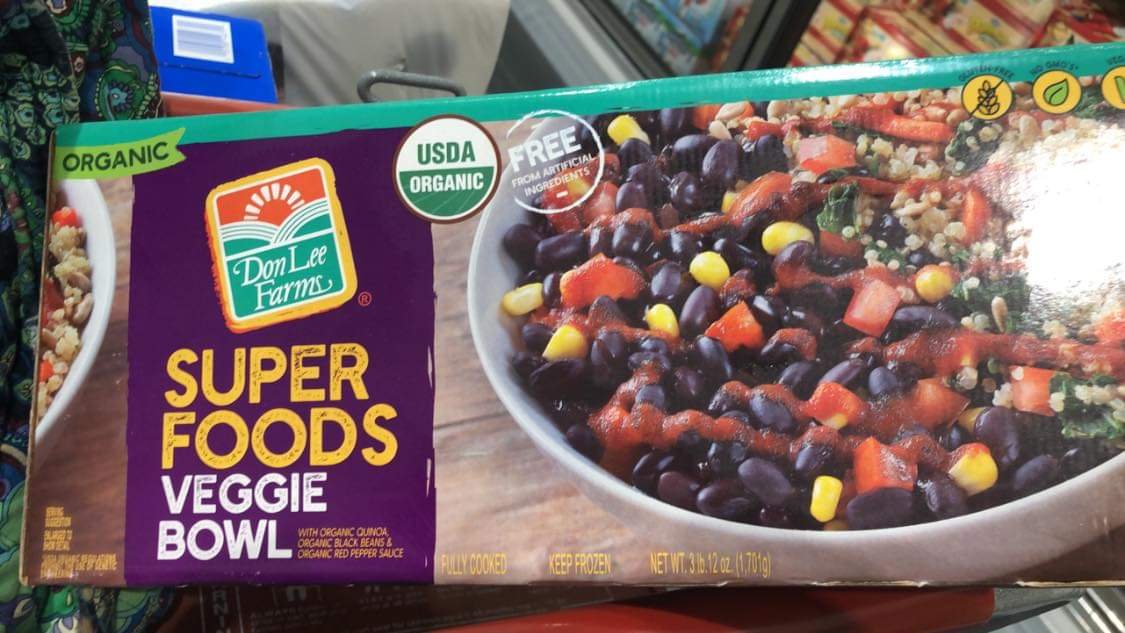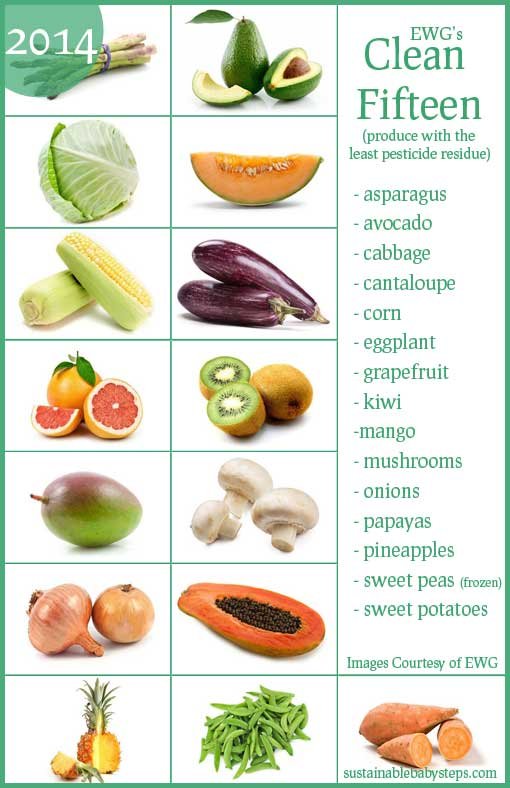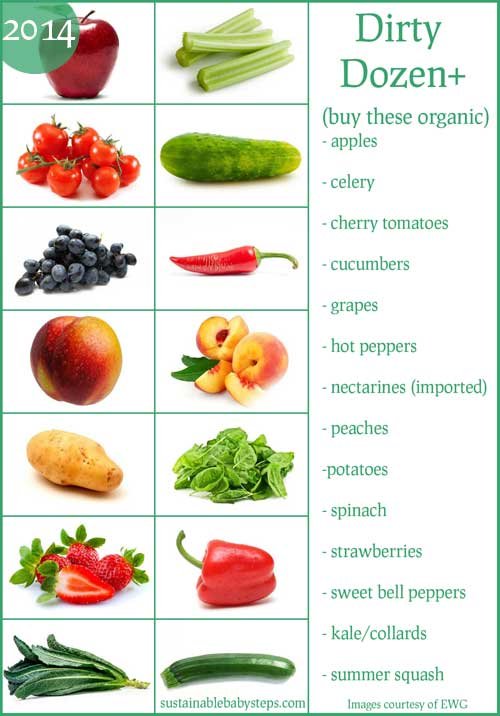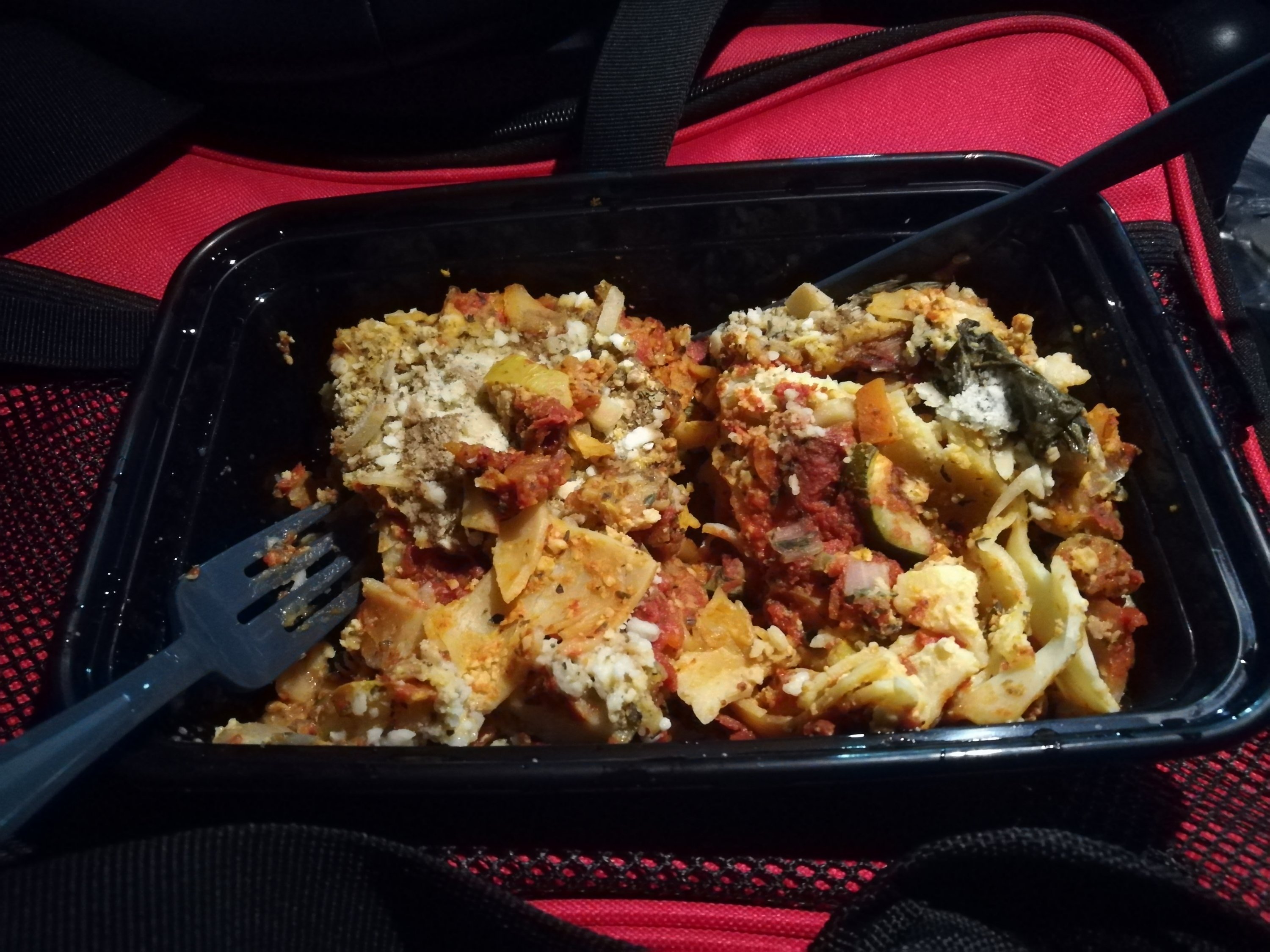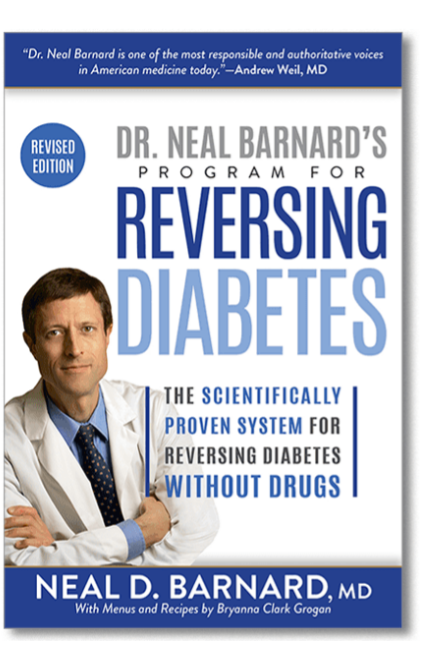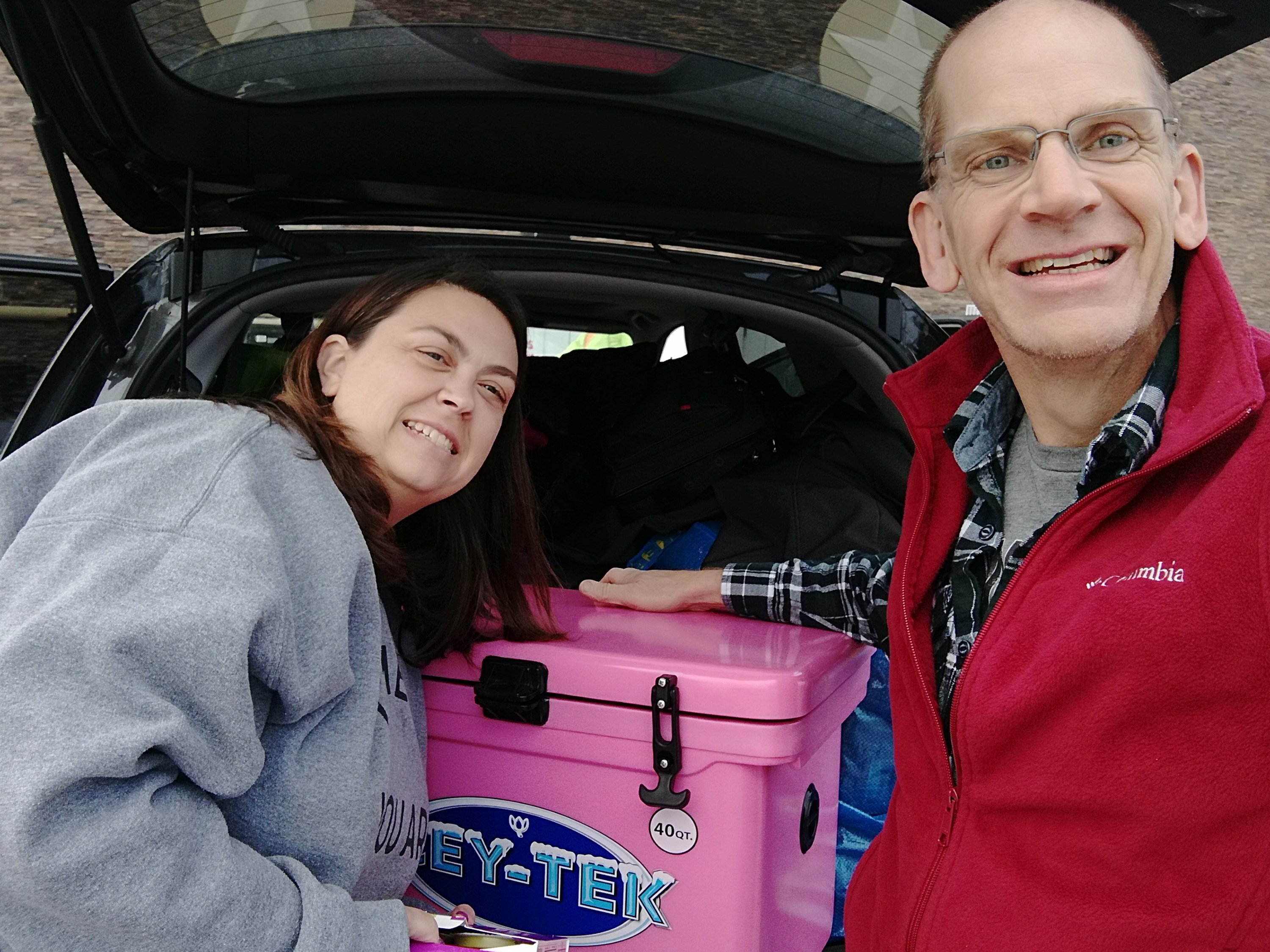Today, February 18th, 2019, marks my one year anniversary of being fully
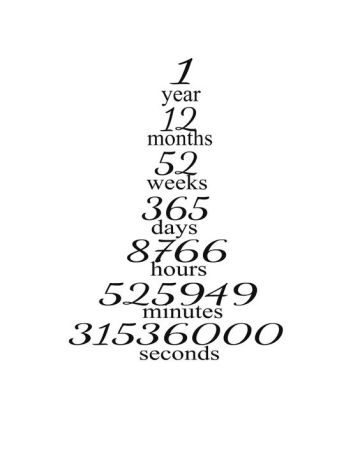
Whole Food Plant Based. I have not had animal products including meat, dairy, fish, eggs, etc since a rib I ate on this date a year ago.
As you may know from following this BLOG, my initial transition took several months. In fact as I look back I realize I didn’t even know about WFPB when I started eliminating sugar from my diet in the fall of 2017. I was simply trying to be healthier and lose weight.
Along the way, I replaced sugar filled foods with natural foods like fruit and vegetables. I started eating hummus. I switched to cereals, salad dressing and sauces that didn’t have added sugars.
So when I learned about WFPB the switch made sense. The science backed it up. So on February 18, 2018 I split a plate of ribs with my brother while we were visiting Memphis. Since then I have not eaten any meat or dairy.
I feel great. Have lost weight. My blood numbers are the best they have been since high school. While I didn’t choose this lifestyle for animals or the environment it is nice to know that these benefits exist as well.
If you’d like more information on the Whole Food Plant Based lifestyle feel free to ask, follow this Blog, or look us up on Facebook at Journey to 100 and Beyond Page or Group.

